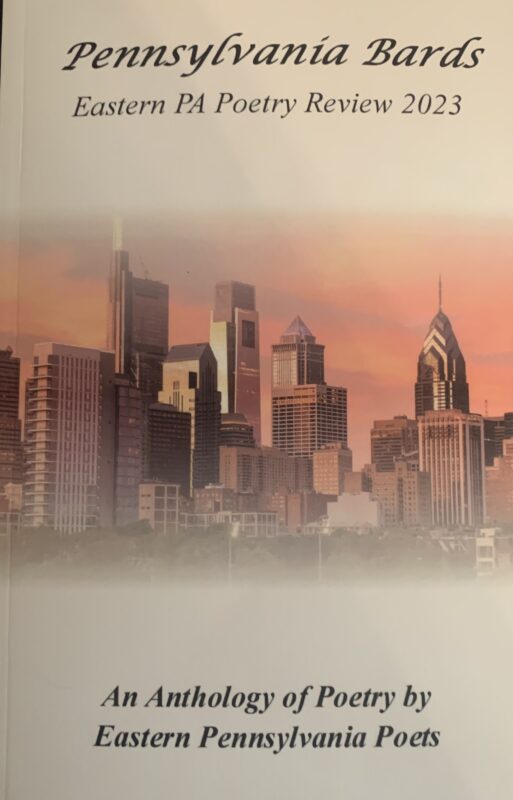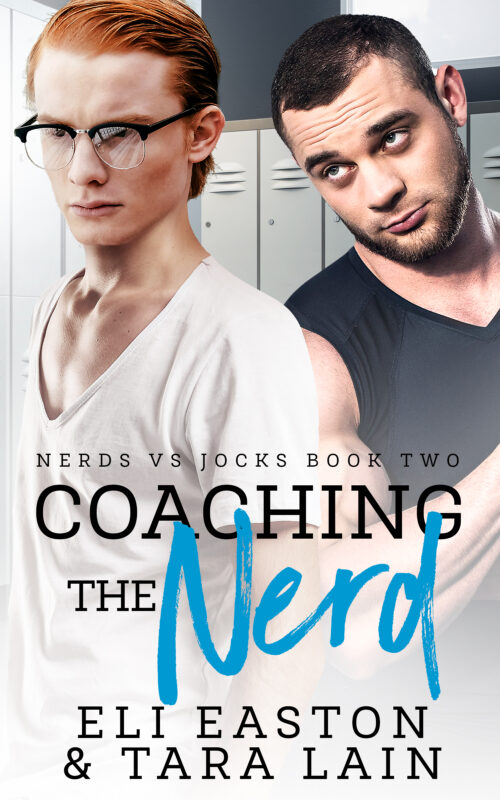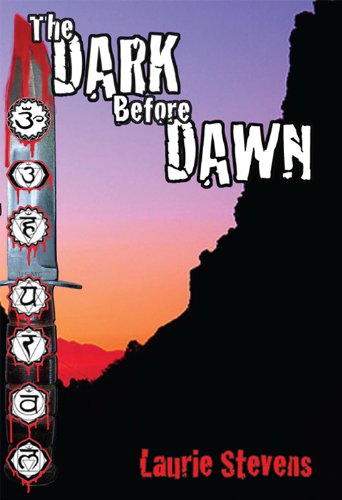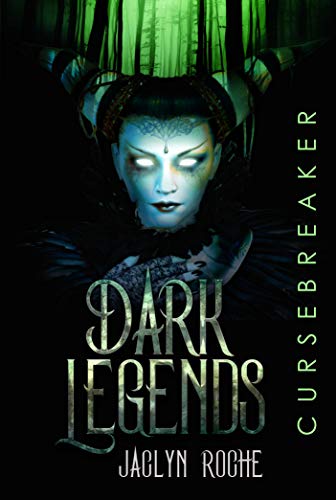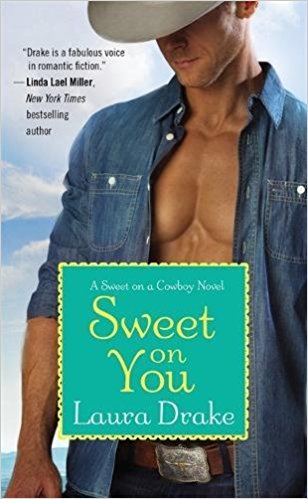Thoughts on Control Vs Lack of Control–Isabel Swift
July 24, 2011 by Isabel Swift in category From Isabel Swift tagged as control, Isabel Swift, pushing boundariesHolding on. Letting go.
Just met a photographer at a two hour batik/dye class who said she was there because she wanted to push herself creatively in areas where she wasn’t—and couldn’t be—in control. Because she knew she relished and enjoyed the control she exercised over her photographic images—it was aligned with her natural inclinations. And she knew as an artist, she needed to challenge her comfort zone on occasion.
She did watercolor for the same reason. You can’t “fix” a “mistake” with water color. You have to listen to the medium and figure out how to reimagine your vision to work with whatever happened. Which can sometimes mean heading off in new, unexpected and eye-opening directions.
Then some years ago, walking into a group of office crafters—knitting, crochet—it seemed a homogeneous gathering of like-minded souls. But mention the word “felting” and the room divides, half enthusiastic, half appalled. Because for some, knitting is about choice and control of all the variables—patterns, colors, materials, tools and talent. And felting, with its ‘lets-just-toss-that-thing-in-the-washing-machine-and-see-what-happens’ attitude is utterly antithetical to what they do, what they enjoy. Because it’s out of their control. And for others, that’s the point and the fun.
Of course people aren’t all one way or another—they usually have areas where they want and need control, and other areas where they are totally laissez-faire. Though some can be judgemental about another’s excessive (or shocking lack of) control in whatever area they differ on! But I will have to explain the Janci Curve in another post….
Do you have areas that you think are too tightly wrapped and could benefit from some loosening or experimentation? Or areas where you’re a little too experimental and need some focus and discipline?
My answer is…all of the above!
Writer’s Block: Rejections?
July 22, 2011 by Marianne H. Donley in category Archives tagged as Bill Zeilinger, cartoons, writer's Lifeby Bill Zeilinger
You can find Bill’s other doodles online at http://thosedesigners-drawing.blogspot.com/
Top 10 Tips from Speaker
July 21, 2011 by Marianne H. Donley in category Archives tagged as Erin BauerSocial Media and Your Author Brand
July 18, 2011 by A Slice of Orange in category Archives tagged as author branding, building a brand, Jenny Hansen, More Cowbell, Social Media, Twitter, Twitter hashtags, Writers In the StormI see many of you on Twitter and Facebook. I’ve been enjoying meeting even more of you on A Slice of Orange Daily, created by our very own Blog Mistress, Marianne Donley. I even see a few of you on LinkedIn.
Where are my OCC peeps conspicuously absent?
It’s pretty rare for me to see more than a few OCC’ers in my hashtag chats, with the possible exception of #myWANA. Either you’re hanging out somewhere else (that you’ll hopefully mention in the comments section) or you’re not using Twitter as fully as you could be.
Note: If you’re scratching your head over this hashtag business, please read this post on what Twitter hashtags are and why we need them.
OCC authors are very in-the-know about the changes sweeping through the publishing industry. I am so thankful to belong to a chapter with such amazing resources, and so many generous authors. We’re lucky to be on the cutting edge of this upheaval, so I’ll skip over that part since you all are pretty up to date.
If you don’t feel “up to date” and want to read more about the changing state of publishing, it’s hard to find a better resource than Kristine Kathryn Rusch and her publishing industry blogs.
This brave new world of publishing demands that an author build a brand.
What does that mean exactly? Simply put, your brand is the picture that pops into people’s mind when they hear your name.
For established authors, this picture is usually tied to one (or many) of your books. For the new or unpublished author, you need to get started on forming that picture in people’s mind as soon as possible. Participation in social media is one of the easiest ways to do this.
For more detailed information on branding, here are some of the best blogs I’ve found on the subject from people who say it far better than I do.
- Jami Gold’s How Do You Decide On Your Author Brand? – Part 1 and Part 2
- Jami has another wonderful post on Branding 101 – Online Brand vs. Author Brand
- An older post from leadership guru Michael Hyatt that still applies – 7 Ways to Build Your Author Brand Online
- Kristen Lamb’s must-read post on Bob Mayer’s Blog: Building An Author Brand.
- Bob Mayer discusses Social Media and the Writer in his Publishing Lessons series.
Particularly now that so many authors are going the Indie route with smaller independent publishers or even venturing into self-publishing for their first book, author branding is no longer a “nice to have.â€
Read the posts above and take a look at these two books: Kristen Lamb’s We Are Not Alone: A Writer’s Guide to Social Media, and Bob Mayer’s Warrior Writer. They will put you light years ahead of where you would have gotten on your own.
My personal observation is that people are seeking authentic connections and that, by branding themselves, an author is opening themselves up for connecting.
In my own experience on Twitter and both of my blogs, your Followers and your Tweeps become your friends. We spend time with these people, whether it’s chatting on Facebook, having a Worldwide Book Launch Party or sharing Sunday morning coffee.
Seemingly disparate people throughout the world are connecting through social media and enjoying the hell out of each other. It’s a beautiful thing.
Perhaps you don’t know where people are gathering on Twitter.
Fret no more…here’s the list of where my Tweeps and I hang out. This is your invitation to hang out with us. If you are hanging out somewhere else online, we want to know where that is!
Note: If I’ve missed any really cool hashtags, please let me know in the comments.
#myWANA – This love revolution started on Kristen Lamb’s blog (WANA stands for We Are Not Alone…I’ve linked to the book above)
#weWRITE – Hashtag started by Anna DeStefano and Jenni Talty based on their How We Write Wednesday Series. Note: There are no links allowed in this group – conversation on writing only…you’ll have to post your links elsewhere.
#PubWrite – these tweeps enjoy writing, sharing ideas and frustrations, and the occasional adult beverage.
#amwriting – writers from everywhere hang out here and encourage each other as they write. If this is your hangout, you might also enjoy http://amwriting.org/.
#amediting – writers from everywhere hang out here and encourage each other as they edit their works-in-progress.
#wordmongering – writers do timed sprints of 30 mins at :00 and/or :30 every hour. This is fun 24/7 and participants say they get so much writing done.
#Row80 – Hashtag started by Kait Nolan that I’m participating in. This is a writing challenge that lasts 80 days and requires that you publicly post your goal. For more details go here.
#nanowrimo – When November rolls around, the agony and the ecstacy of National Novel Writing Month can be found here. (Until then, we have Row80!)
What about you? Where do you commune with people on Twitter or Facebook (and why)? Are there groups of writers that you recommend above all others? Please share your discoveries with the rest of us!
~Jenny
http://jennyhansenauthor.wordpress.com
http://writersinthestorm.wordpress.com
Twitter: @jhansenwrites
e-maginings: That Is My Favorite Word
July 16, 2011 by A Slice of Orange in category Archives tagged as e-maginings, revision |
| Deception coming from Amber Allure Aug. 2011 Linda McLaughlin aka Lyndi Lamont |
Every writer has a favorite word. You know, the one that creeps into your writing, over and over again, when you’re not paying attention.
In my case, the word is “that”. Every time I have to submit a manuscript I try to remember to do a global search for the word “that” and cut as many as possible. If I don’t, my editor will point out how much I’ve overused the word. You’d think “that” would be a fairly invisible word, like “the” but it isn’t. Not quite anyway, another word I have to watch out for, especially when I’m writing a historical with British characters.
For some writers, the favorite word is the generally useless “very”. Even if it’s not your favorite word, it’s a good one to search out and eliminate wherever possible.
My former writing partner, Anne Farrell, and I are revising our old Precious Gem romance for self-publishing as an e-book. It has been thirteen years since it was released, way back in the last century. So we’re updating the manuscript and looking to revise and tighten it as we go, including cutting out as many that’s as possible.
So what’s your favorite word?
Linda Mac
Affiliate Links
A Slice of Orange is an affiliate with some of the booksellers listed on this website, including Barnes & Nobel, Books A Million, iBooks, Kobo, and Smashwords. This means A Slice of Orange may earn a small advertising fee from sales made through the links used on this website. There are reminders of these affiliate links on the pages for individual books.
Search A Slice of Orange
Find a Column
Archives
Featured Books
THE DARK BEFORE DAWN
High in the Santa Monica Mountains near Los Angeles, grisly murders are taking place.
More info →DARK LEGENDS: CURSE BREAKER
Kalissandra Doe has a to-do list worthy of the reincarnated goddess she could be.
More info →Newsletter
Contributing Authors
Search A Slice of Orange
Find a Column
Archives
Authors in the Bookstore
- A. E. Decker
- A. J. Scudiere
- A.J. Sidransky
- Abby Collette
- Alanna Lucus
- Albert Marrin
- Alice Duncan
- Alina K. Field
- Alison Green Myers
- Andi Lawrencovna
- Andrew C Raiford
- Angela Pryce
- Aviva Vaughn
- Barbara Ankrum
- Bethlehem Writers Group, LLC
- Carol L. Wright
- Celeste Barclay
- Christina Alexandra
- Christopher D. Ochs
- Claire Davon
- Claire Naden
- Courtnee Turner Hoyle
- Courtney Annicchiarico
- D. Lieber
- Daniel V. Meier Jr.
- Debra Dixon
- Debra H. Goldstein
- Debra Holland
- Dee Ann Palmer
- Denise M. Colby
- Diane Benefiel
- Diane Sismour
- Dianna Sinovic
- DT Krippene
- E.B. Dawson
- Emilie Dallaire
- Emily Brightwell
- Emily PW Murphy
- Fae Rowen
- Faith L. Justice
- Frances Amati
- Geralyn Corcillo
- Glynnis Campbell
- Greg Jolley
- H. O. Charles
- Jaclyn Roché
- Jacqueline Diamond
- Janet Lynn and Will Zeilinger
- Jeff Baird
- Jenna Barwin
- Jenne Kern
- Jennifer D. Bokal
- Jennifer Lyon
- Jerome W. McFadden
- Jill Piscitello
- Jina Bacarr
- Jo A. Hiestand
- Jodi Bogert
- Jolina Petersheim
- Jonathan Maberry
- Joy Allyson
- Judy Duarte
- Justin Murphy
- Justine Davis
- Kat Martin
- Kidd Wadsworth
- Kitty Bucholtz
- Kristy Tate
- Larry Deibert
- Larry Hamilton
- Laura Drake
- Laurie Stevens
- Leslie Knowles
- Li-Ying Lundquist
- Linda Carroll-Bradd
- Linda Lappin
- Linda McLaughlin
- Linda O. Johnston
- Lisa Preston
- Lolo Paige
- Loran Holt
- Lyssa Kay Adams
- Madeline Ash
- Margarita Engle
- Marguerite Quantaine
- Marianne H. Donley
- Mary Castillo
- Maureen Klovers
- Megan Haskell
- Melanie Waterbury
- Melisa Rivero
- Melissa Chambers
- Melodie Winawer
- Meriam Wilhelm
- Mikel J. Wilson
- Mindy Neff
- Monica McCabe
- Nancy Brashear
- Neetu Malik
- Nikki Prince
- Once Upon Anthologies
- Paula Gail Benson
- Penny Reid
- Peter Barbour
- Priscilla Oliveras
- R. H. Kohno
- Rachel Hailey
- Ralph Hieb
- Ramcy Diek
- Ransom Stephens
- Rebecca Forster
- Renae Wrich
- Roxy Matthews
- Ryder Hunte Clancy
- Sally Paradysz
- Sheila Colón-Bagley
- Simone de Muñoz
- Sophie Barnes
- Susan Squires
- T. D. Fox
- Tara C. Allred
- Tara Lain
- Tari Lynn Jewett
- Terri Osburn
- Tracy Reed
- Vera Jane Cook
- Vicki Crum
- Writing Something Romantic
Affiliate Links
A Slice of Orange is an affiliate with some of the booksellers listed on this website, including Barnes & Nobel, Books A Million, iBooks, Kobo, and Smashwords. This means A Slice of Orange may earn a small advertising fee from sales made through the links used on this website. There are reminders of these affiliate links on the pages for individual books.



